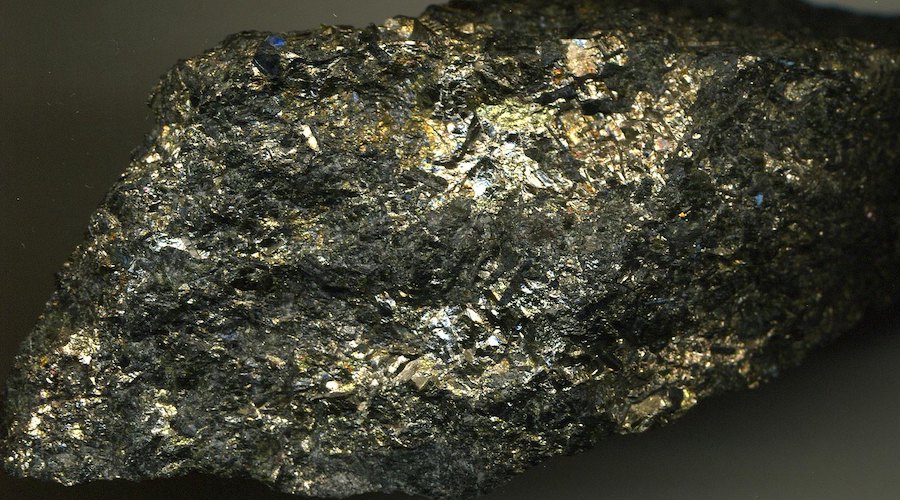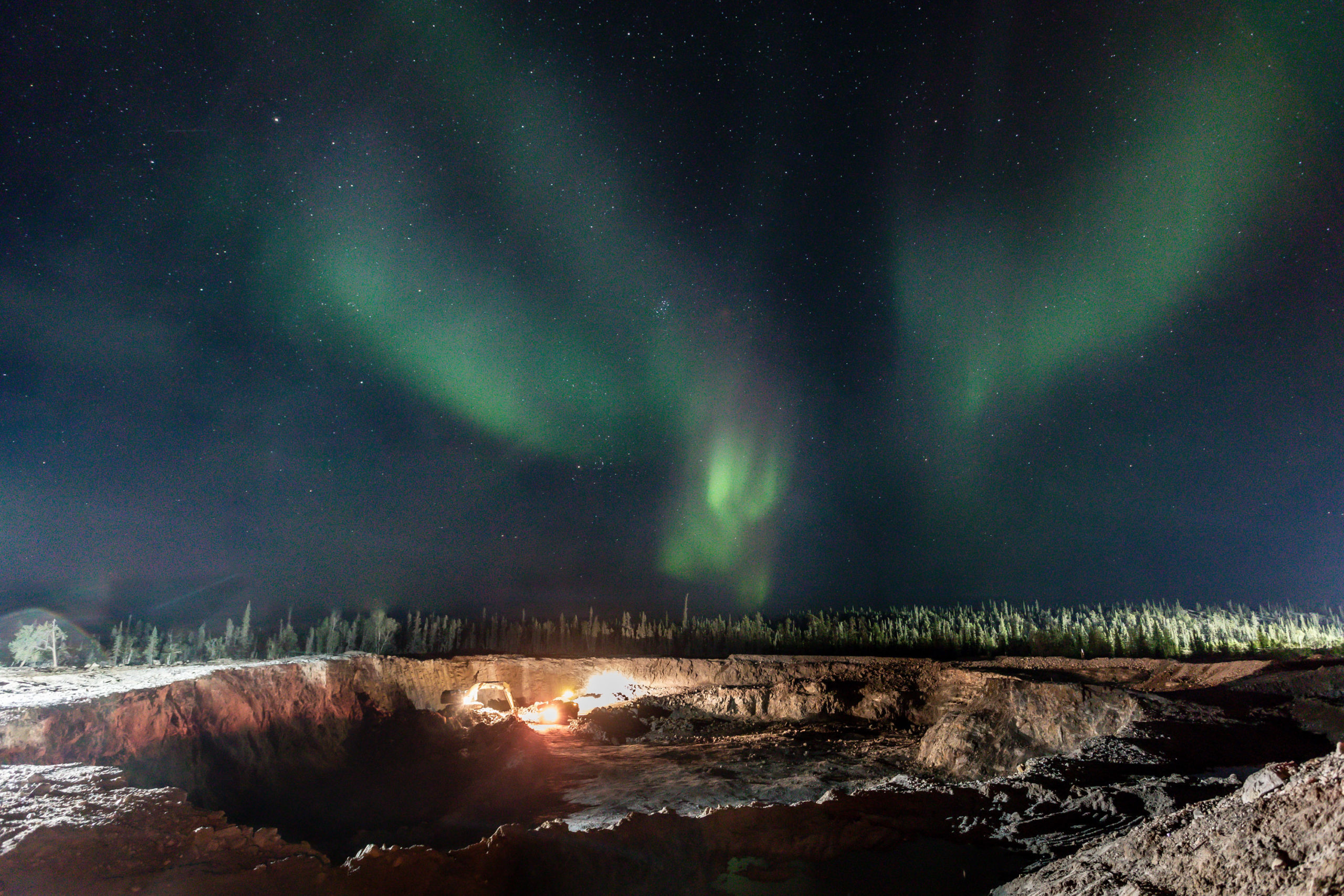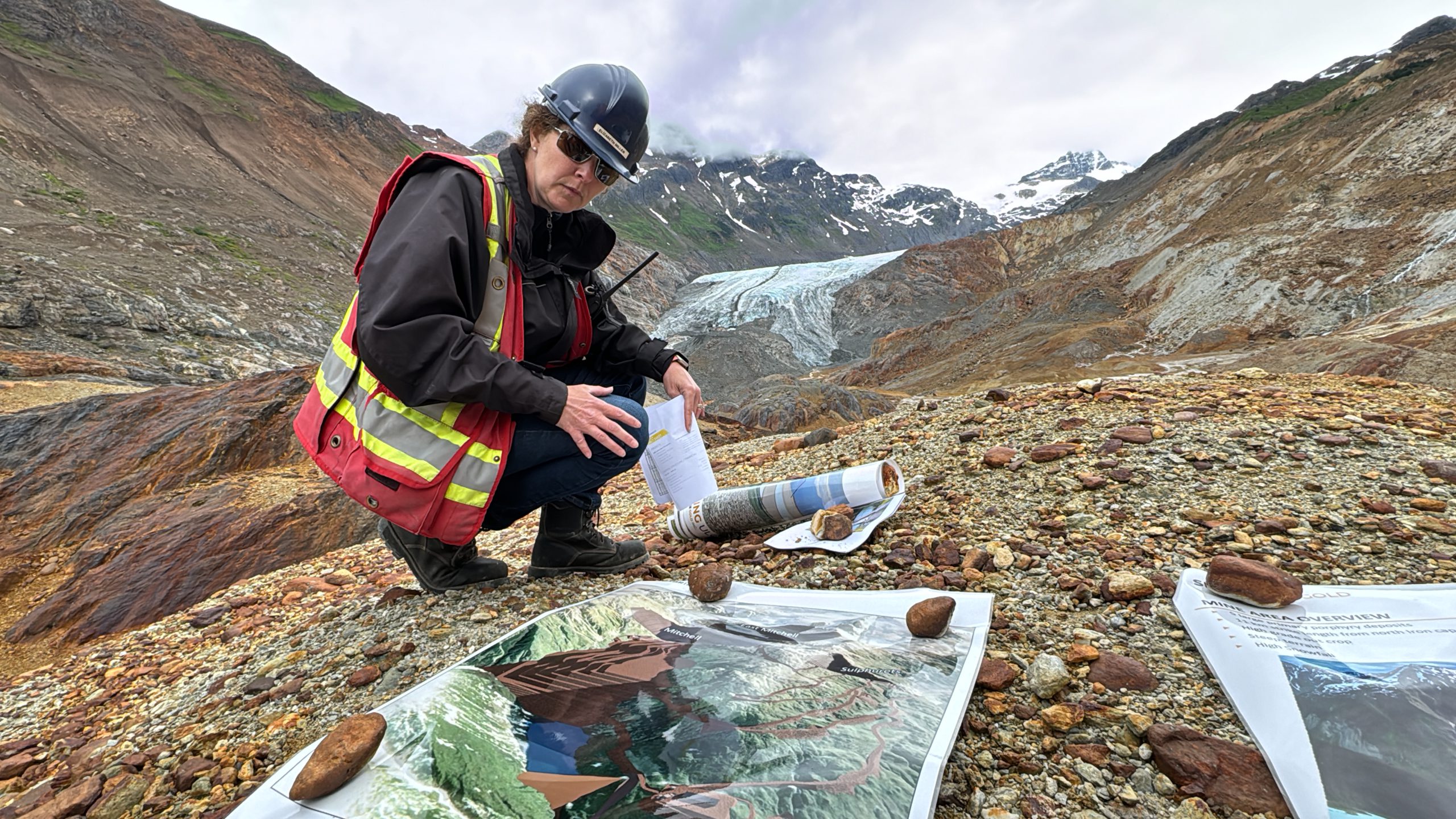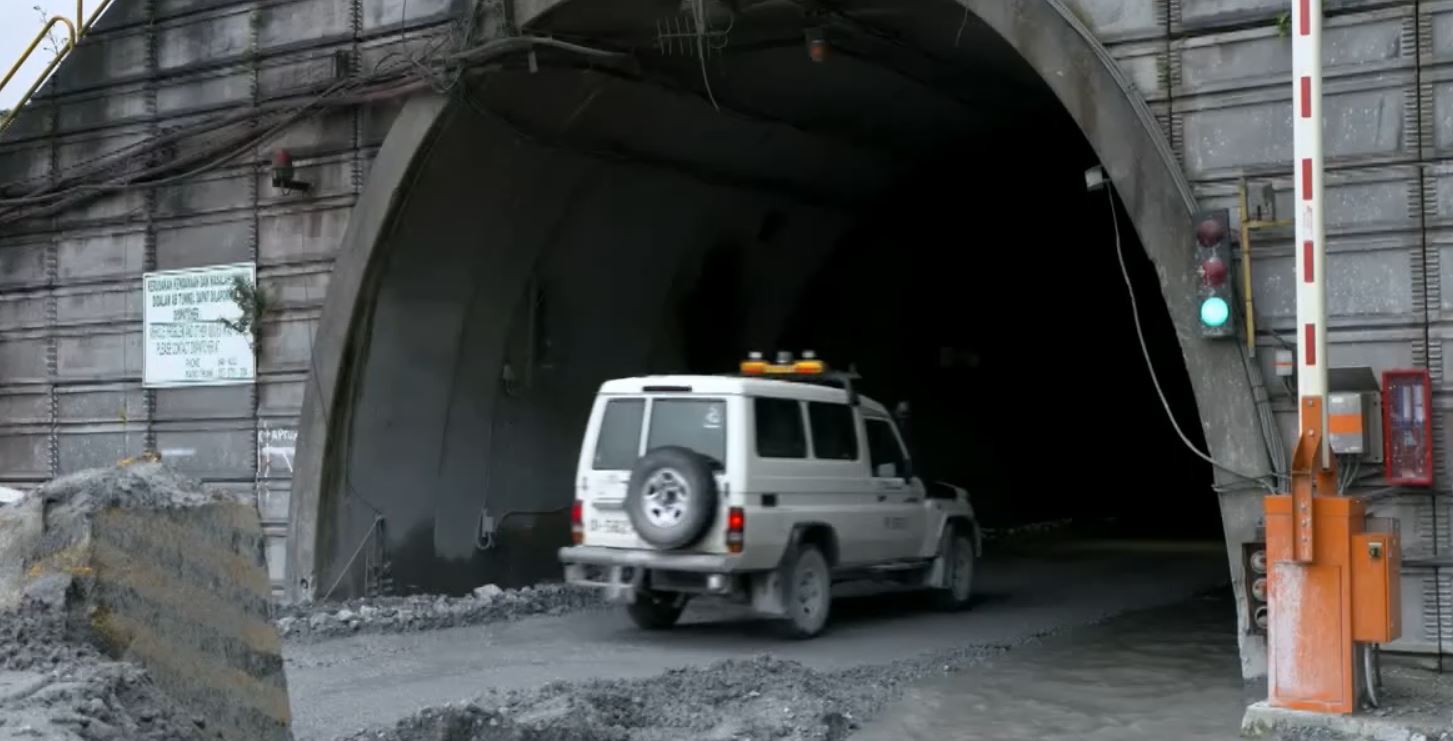The technology treats the full laterite ore profile, namely limonite, saprolite, and the transition zone, in one continuous process and uses nitric acid to dissolve the metals into a solution. The nickel and cobalt are delivered in the form of a mixed hydroxide precipitate (MHP), which is the preferred feed material for cathode/battery manufacturers for refining into battery metals.
According to Altilium, the process also allows for the recycling of 99% of the nitric acid used to extract the metals and it doesn’t generate tailings but rather a nitrogen-rich residue that can be returned to the mine to encourage the growth of local flora.
As Indonesia is the country with the world’s largest nickel reserves, Altilium reports that several parties have shown interest in building DNi Process plants, with the first plant likely to deliver at least 20,000 tonnes of nickel in mixed hydroxide precipitate (MHP) a year. This would be sufficient nickel and cobalt for the equivalent of around 500,000 and 250,000 lithium-ion batteries, respectively.
“The lack of sensitivity of the DNi Process to ore grade is one feature which has Indonesian resource owners excited,” the British firm said in a media statement. “Because it can treat all the ore in a laterite mine and extracts all the metals available in that ore the economics of the process make the utilisation of low-grade ores both possible and profitable.”
DNi has already been tested in Australia with a pilot plant set up at one of the Commonwealth Scientific and Industrial Research Organisation’s facilities In Perth.
Following such initial tests, Queensland Pacific Metals commissioned a process plant, whose construction is set to begin in 2022 and which is expected to deliver 16,000 tonnes of nickel in MHP.




